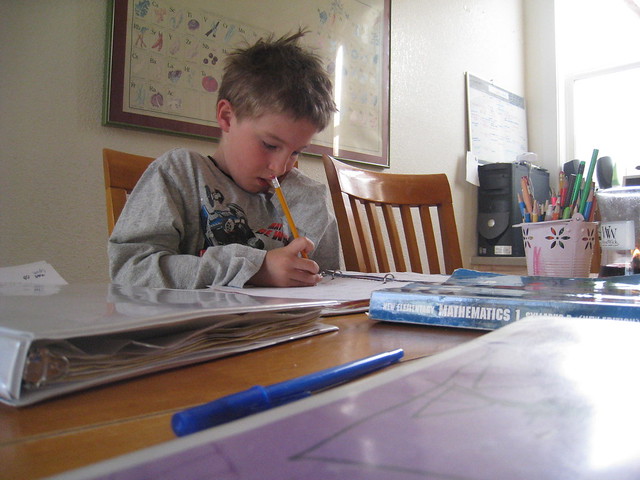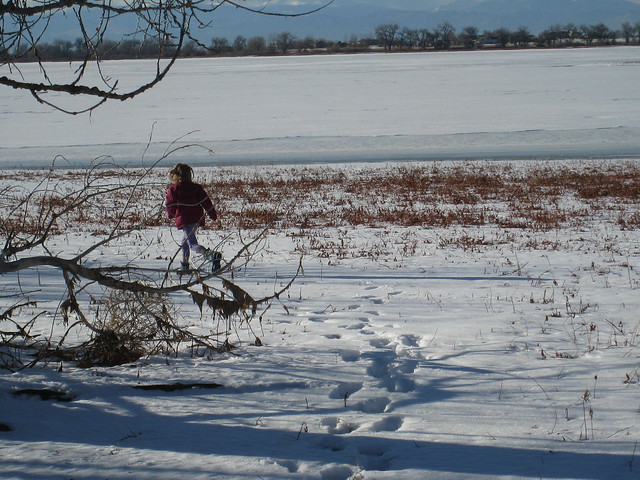When we started homeschooling, I had a five year-old, a two year-old and a one year-old. We planned to school at home for one year. I never anticipated that we would still be at it ten years later. Now I have a ninth grader, a sixth grader, a fifth grader and a first grader. While the quantity of work and the style of our education has changed, one thing has remained constant: the need for good habits.
Obviously, habits guide many parts of our lives: physical (brushing our teeth and washing our hands), mental (paying attention the first time, putting forth our best effort), and spiritual (telling the truth and showing kindness). But I had most of those down when they were young, and most of the training was unidirectional, from me to them.
Now, as we reach middle school and high school, my habits mean as much as theirs, and are as hard to learn.
Charlotte Mason wrote, “Education is a discipline—that is, the discipline of good habits in which the child is trained. Education is a life, nourished upon ideas; and education is an atmosphere—that is, the child breathes the atmosphere emanating from his parents; that of the ideas which rule their own lives.” (Vol 2, p. 247)
When my children were little, it was easier to overcome my fatigue or lack of preparation by the quality of our atmosphere. I could easily say, “Today is nature study!” and spend the day out-of-doors. Counting the petals on the flowers in bloom could count as math for the day, and labeling a diagram of a flower could count as writing. Now that my children are older, it’s harder to get away with that. Yes, my children have habits that, like rails that guide a train, get them going in the right direction if I am having a tough time getting started in the morning. But the stakes are higher now, and leaving the math ungraded till the end of the week can mean my kids have been practicing square roots wrong for five days before I catch the problem.
Yes, the atmosphere of our home still matters. The focus on books and experiences instead of television makes a difference. The ideas we discuss at the dinner table shape the people my children will be. But as much as my kids were observant at five, they are ten times more so now. They know exactly when I am at my weakest, and they are quick to exploit it. If I am on the phone all afternoon, no one is going to learn much from an unguided exploratory search online.
My getting up before the children to gather my thoughts and plan the day makes a huge difference in how our day goes. Having a stack of living books lined up on the shelf means we don’t waste a week waiting on the library requests to come in. Checking in on the math and the writing every day or two keeps us honest, both in terms of getting the work done and learning it right the first time.
When I am off, physically or emotionally, our learning suffers. I can’t control the circumstances of our lives, but habits give us a head start. And at this stage of the game, my habits are as important as theirs.


Thank you for these thoughts!
LikeLike
Excellent post, thank you!
LikeLike
I believe that habits are the foundation for academics. If habits are slack, then all the head knowledge in the world is not really going to matter in terms of learning how to live fully.
Thanks for sharing your thoughts on habit training!
LikeLike
“My habits are as important as theirs” … such truth here! It is true that good habit training from those early years makes motivating and encouraging high school teenagers much easier. I love your simple plans to make your homeschool days work! Blessings!
LikeLike
Pingback: What’s working lately? | Learning As We Go